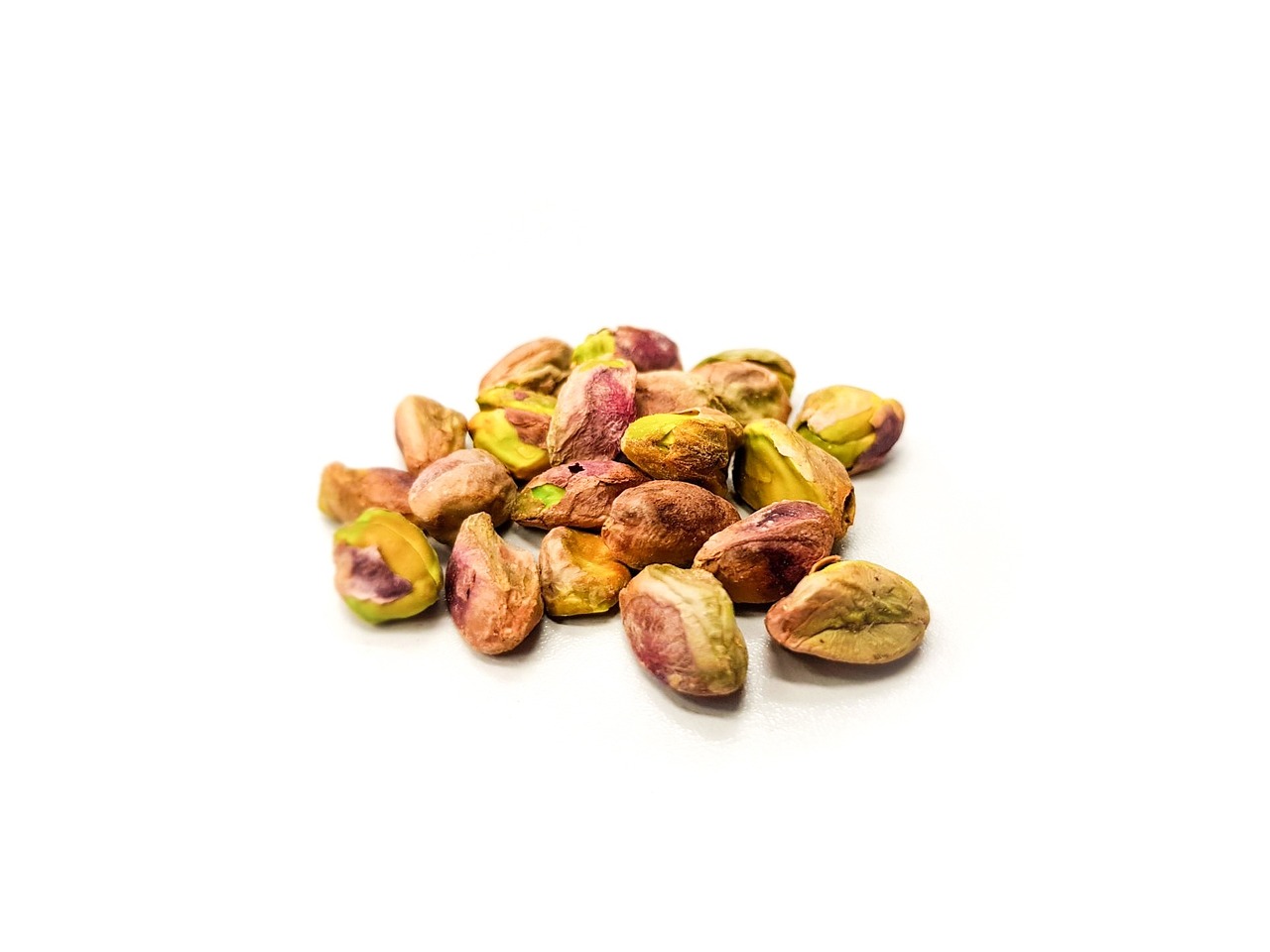
Magnesium is an essential mineral that is involved in many important bodily processes. It is a cofactor for hundreds of enzymes and plays a role in many physiological functions, including muscle and nerve function, blood pressure regulation, and bone health.
There are several different forms of magnesium, each with its own unique properties and potential health benefits. Some of the more common forms of magnesium include:
- Magnesium Oxide: This is the most common form of magnesium supplement, and is often used to treat constipation and indigestion. It is also sometimes used as an antacid.
- Magnesium Citrate: This form of magnesium is highly soluble, making it easy for the body to absorb. It is often used as a laxative to relieve constipation.
- Magnesium Glycinate: This form of magnesium is bound to the amino acid glycine, which can help improve its absorption. It is often used to treat muscle cramps, insomnia, and anxiety.
- Magnesium Threonate: This form of magnesium is relatively new and is thought to be able to cross the blood-brain barrier, making it potentially useful for cognitive enhancement and treating brain disorders.
- Magnesium Malate: This form of magnesium is bound to malic acid, which can help improve its absorption and make it more easily available for energy production. It is often used to treat chronic fatigue syndrome.
- Magnesium Taurate: This form of magnesium is bound to taurine, an amino acid that is thought to have a calming effect on the nervous system. It is often used to treat anxiety and heart disease.
- Magnesium chloride: This form of magnesium is found in seawater and can be applied topically to the skin to treat conditions such as eczema and dermatitis. It is also sometimes used as a disinfectant.
- Magnesium sulfate: This form of magnesium is commonly known as Epsom salt, and is often used as a laxative and for muscle and joint pain relief. It is also sometimes used to treat asthma and pre-eclampsia in pregnant women.
Overall, magnesium is an essential mineral that plays a vital role in many bodily processes. It is found in a variety of foods, including green leafy vegetables, nuts, and whole grains, and can also be taken as a supplement in various forms. By ensuring that you get enough magnesium in your diet, you can support your overall health and well-being.





